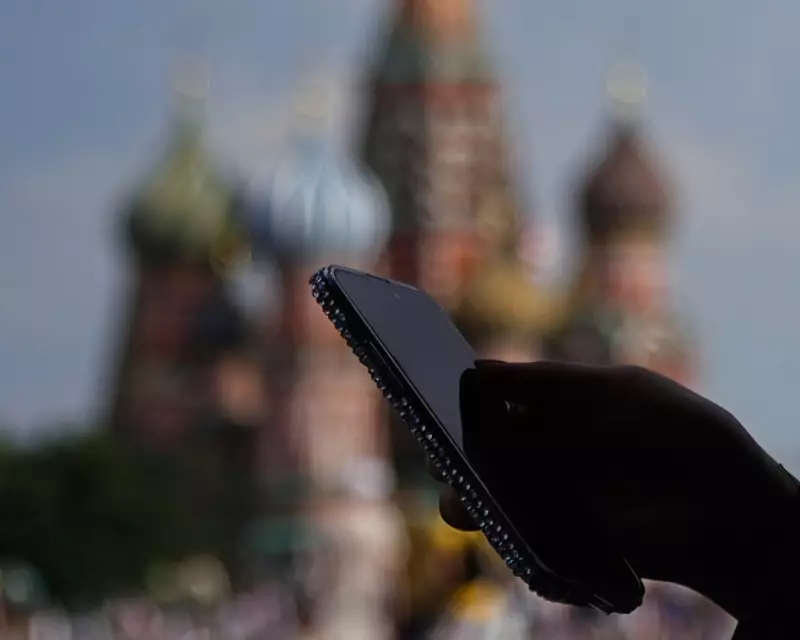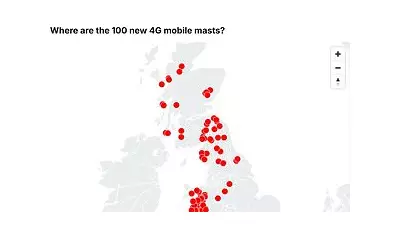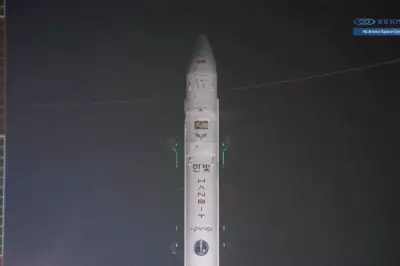
In a bold move to tighten control over digital communications, Russian authorities have intensified restrictions on WhatsApp and Telegram, two of the country's most widely used messaging platforms. The crackdown comes amid growing concerns over data sharing with foreign entities, which Moscow claims poses a threat to national security.
Escalating Digital Crackdown
The Russian government has long sought to regulate online platforms, but the latest measures mark a significant escalation. Officials argue that WhatsApp and Telegram's data-sharing practices could expose sensitive information to foreign intelligence agencies. Critics, however, view the move as another step toward stifling free speech and tightening internet censorship.
Impact on Users
Millions of Russians rely on these apps for daily communication, both personal and professional. The new restrictions could force users to switch to state-approved alternatives, which often lack end-to-end encryption and are subject to government surveillance.
Global Implications
This development aligns with a broader trend of governments worldwide asserting greater control over digital platforms. While some nations cite security concerns, others see it as a pretext for suppressing dissent. The situation in Russia could set a precedent for similar actions elsewhere.
As the debate over digital privacy and state control intensifies, the fate of WhatsApp and Telegram in Russia remains uncertain. One thing is clear: the battle for control over online communication is far from over.





